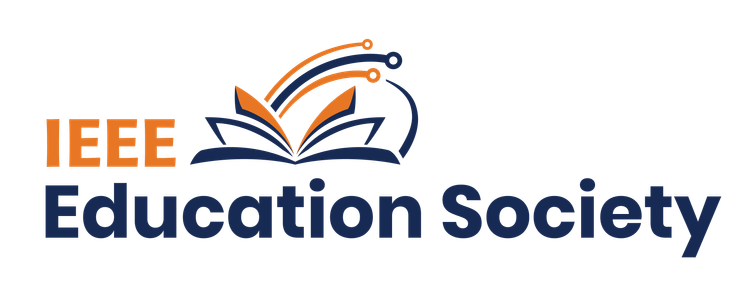Enhancing Learning/Teaching Experience Through Interactive Courseware Materials and Engaging Autograded Exercises Using MATLAB Live Editor and MATLAB Grader
Wednesday | May 8, 2024 | 14:30 - 15:45
In the realm of STEM education, one of the significant challenges is the development of engaging courseware materials that include relevant exercises for both classroom instruction and homework assignments. Furthermore, a modern approach to STEM education necessitates real-time tracking of student progress to effectively gauge learning outcomes. The primary advantage of this real-time monitoring is the ability to swiftly and efficiently tailor the educational content based on the classroom's weaknesses.


